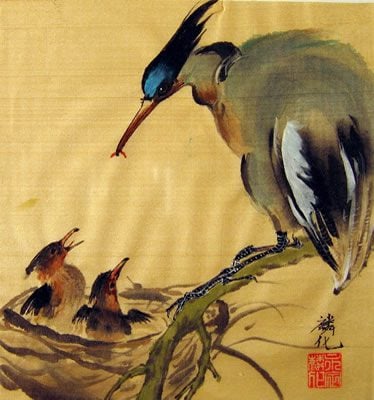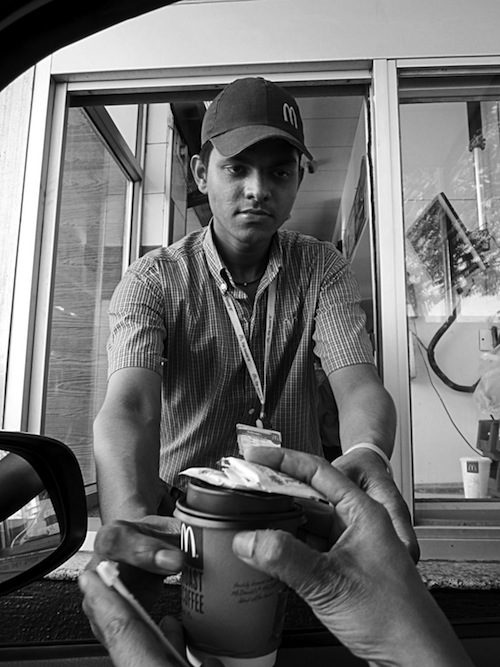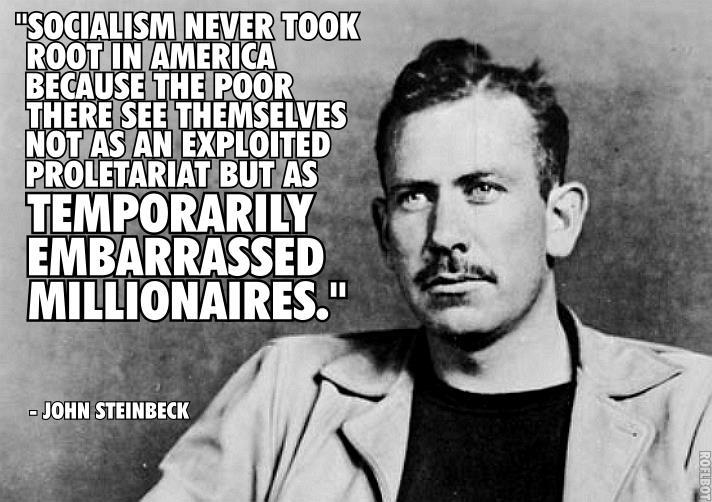Gratitude responds to gift.
Consider our experience of the thing in its most obvious, most burning and urgent form, when we are acutely aware that we have nothing to offer the gift-giver but our thanks. How hard we feel this in the face of love, full of the wonderful, painful knowledge that there is nothing we could do or say to christen us its worthy candidates, no words or gestures to serve as love’s equalizing response — and yet we are loved. So we collapse with a profusion of thanksgiving and an upswell of gratitude — a “thank you,” whether of the tongue or the ache in the chest. But our “thank you” is neither the proper thing to say nor the adequate response, rather, it is our precise recognition that there is no adequate response. We give thanks when words fail, when we have nothing left to say, and the degree to which we realize the poverty of all possible words is the degree to which we are thankful.
Considered in this sense, the words “thank you” are anti-words, symbols that deliver the fact that we have nothing to deliver, a response that indicates the impossibility of a response. Considered in another, gratitude is felt poverty.

To give thanks is to admit that we are poor, for in the moment of giving thanks, we acknowledge that what we have comes entirely from another, that we are dependent as baby birds squawking tortuously for a giving mother. To give thanks is to relinquish any claim we have on what is given to us, maintaining within us the givenness of the gift.
If instead of saying “thank you,” we said, “I am filled with understanding that my having the salt is entirely dependent upon your willful passing of said salt, and as such I acknowledge and affirm that I am not alone in the universe, but that my life — in its quality and meaning — is full of your gift,” we’d be thrown from the table, but with a new understanding of what the hell I’m talking about. To say thank you has cosmic implications. It is the declaration of a contingent being, the happy chirp of a thing that finds his life and its content all tied up in others.
Parents, teach your children to say thank you. It is a primordial lesson in Christian self-annihilation.
Perhaps this is why it is harder to say “thank you” and mean it than to ask for something and mean it. When we ask we desire to attain, and this is easy. We are quite accustomed to wanting. When we really give thanks, we practice detachment from the very thing we have attained, and this hard. We recognize that it is of another, given unto us, not ours except by the will of a gift-giver. We recognize that we don’t really own what we own.
It occurs to me now that if you want to know the poor in spirit do not listen for the most urgent display of begging, for no one wants like the rich. Listen instead for urgency in gratitude, for it is precisely by being thankful that we admit our utter dependence on others, and on their generous love.
But in the realm of the merely polite, “thank you” has the misfortune of being a phrase that ends transactions. I glance above the head of the fast-food worker, order my meal, and when I get what I am owed, I mutter “thank you,” usually towards the counter, and leave. But if you let it bake your noodle — go on, let it — this commonplace makes no sense. If I am owed a meal, if I am owed anything at all, it is hardly expedient upon me to be grateful for it. The fact that my delicious chicken sandwich arrives has its origins in me, in my money. Why express dependence on another?
 This mingling of the spheres of gratitude and economy is revealed all awkward by the fact that we hardly ever mean the gratitude we express when we receive our receipt, our sandwich, or our change at the coffee shop. It is our change. We own it. We paid for it. Why be grateful? And if we do believe we mean our muttered thanks, only let there be some difficulty, some delay in our getting what was owed, and we’ll reveal in our subsequent freak-out’s that our thanks has a lot more to do with a gratified expectation — much less to do with detachment.
This mingling of the spheres of gratitude and economy is revealed all awkward by the fact that we hardly ever mean the gratitude we express when we receive our receipt, our sandwich, or our change at the coffee shop. It is our change. We own it. We paid for it. Why be grateful? And if we do believe we mean our muttered thanks, only let there be some difficulty, some delay in our getting what was owed, and we’ll reveal in our subsequent freak-out’s that our thanks has a lot more to do with a gratified expectation — much less to do with detachment.
Thanks has no place in the world of economy, where every give is completed by a take, every transaction finished when the deficit of being-owed is filled by getting what was owed, and the length and breadth of every personal encounter is exhausted when the tit becomes its tat.
We say it is polite to say “thank you,” but politeness without a reason for its own existence is rude. Thus I am far more offended by the meaningless “thank you” at the cash register than the thankless, hurried flee from human interaction which remains, at the very least, an honest expression of how we feel about the uniformed masses that serve us our food, clothes, tickets, parking spaces, and all the rest.
Thanks has no place in economy, but that’s okay, because neither does the person. The person transcends this sphere of use, getting, and giving-to-get. The “thank you” ought to complete the transaction, not because it is part of the transaction, but precisely because it is not. It is the absurd insertion of humanity into the inhuman.
To give thanks ennobles and personalizes us. It is a reminder, at the end of a give-and-take that makes as much sense to robots as to humans, to be flesh, bone and soul-stuff — to take this deserving-getting-consuming stuff lightly. The truth of the matter is that I am not owed anything. My very existence is dependent on others, as is my identity, as is the fact that I have money, as is the fact that I have the capacity to have money, as is my coming sandwich. To say thank you in the face of getting-what-I-was-owed is an acknowledgment of this final poverty. By meaning our thanks at the end of a mindless, daily transaction we escape this selfsame mindlessness and endow our situation with a cosmic view, reminding ourselves that every transaction we make in the space between non-existence and death depends upon a life was neither transacted, deserved, or asked for, but given. When the things I am owed are the content of a life I am not owed, everything I own becomes a gift received. So we give thanks.
And is this not part and parcel Christian life, the recognition of having nothing but the given? So to my readers — thank you, thank you all.










